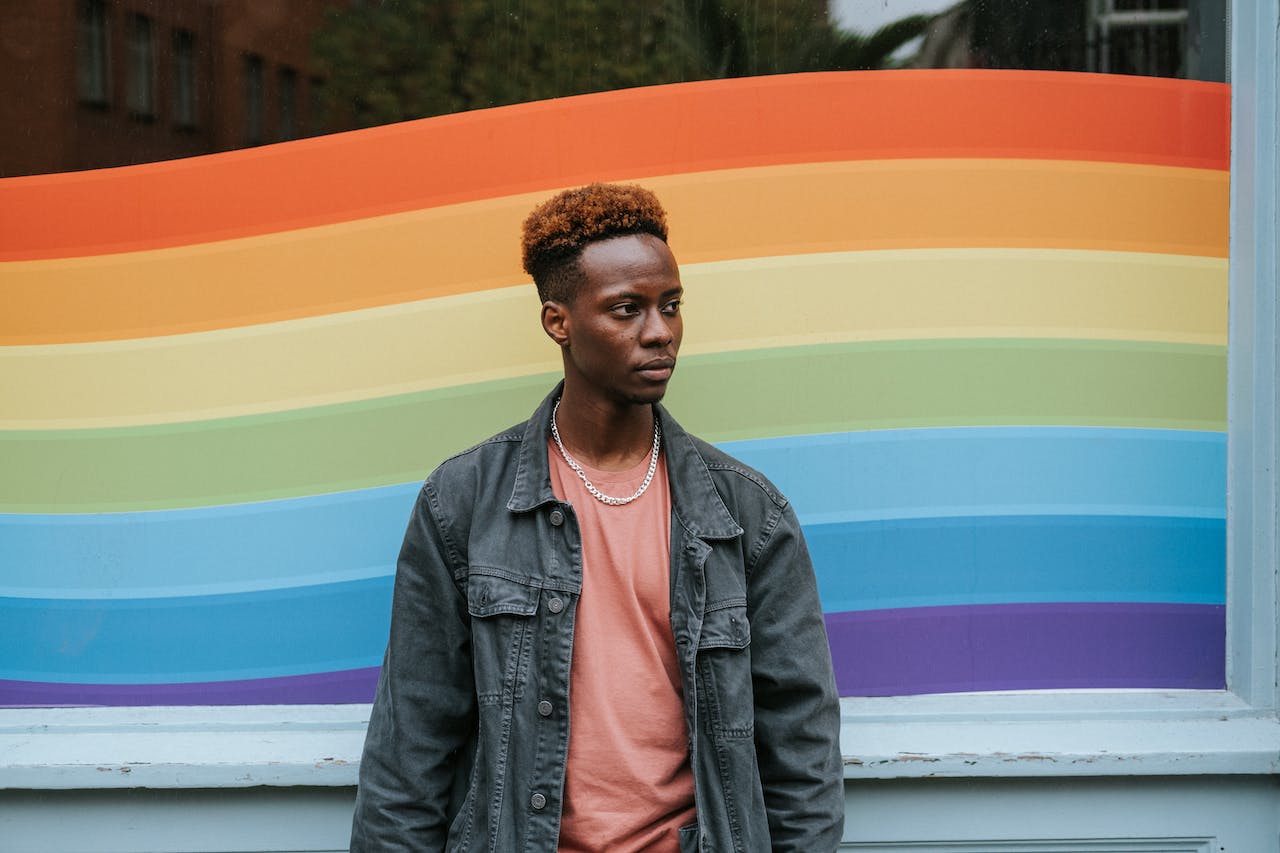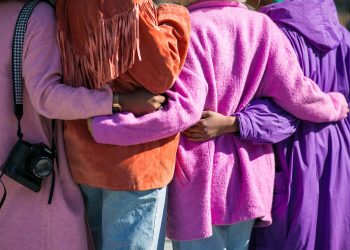Lebanon, traditionally known as a beacon of tolerance in the Middle East, is now witnessing a disturbing rise in anti-LGBTQ+ sentiment and action.
A Shift in Attitude The recent surge in verbal, legal, and physical attacks against the LGBTQ+ community in Lebanon marks a distinct change in the nation’s approach. Long viewed as more liberal than many of its regional neighbors, the country is now witnessing an alarming shift in public sentiment against its LGBTQ+ citizens.
Political Turmoil Fuels Anti-LGBTQ+Actions
As Lebanon grapples with one of the most severe economic crises in over a century and political factions remain divided, the LGBTQ+ community has emerged as a convenient scapegoat. The inability to select a new president for nearly a year has deepened the political divides, but leaders have found a common cause in opposing LGBTQ+ rights and symbols.
Symbols of LGBTQ+ Pride
Under Attack From drag shows to rainbow flags and educational materials, symbols representing the LGBTQ+ community are now under threat. Vigilante groups, like the ‘Soldiers of God’, have taken violent measures against LGBTQ+ events, further instigating fear and hostility.
Government Officials Weigh
In High-ranking government officials are not exempt from this trend. Recent actions by the Education and Culture Ministers, such as banning educational games with rainbows and attempts to restrict films perceived as promoting LGBTQ+ themes, underscore the widespread nature of this campaign.

Legal Implications and Controversies
While Lebanon does not have a law explicitly banning same-sex relations, the ambiguous wording of Article 534 of the penal code leaves room for interpretation. This article, which prohibits relationships that “contradict the laws of nature,” has been occasionally used to penalize homosexuality. Recent calls to abolish this article have led to heated debates and accusations, further polarizing the community.
Religious Leaders
Join the Fray Prominent religious figures from various sects, including the Druze and Shiite communities, have expressed vehement opposition to LGBTQ+ rights. Their influential voices have further fueled the anti-LGBTQ+ sentiment, with some even calling for harsh penalties against same-sex relations.
Regional Implications
The rising animosity towards the LGBTQ+ community in Lebanon mirrors a larger trend across the Middle East. In countries like Iraq, the community is portrayed as a threat to Islamic values, leading to proposals of draconian laws against same-sex relations.
Conclusion
Lebanon’s shift towards an anti-LGBTQ+ stance is concerning, not just for its citizens but as a reflection of broader regional trends. As the nation remains embroiled in economic and political challenges, it remains to be seen whether it will revert to its traditionally tolerant stance or continue down this troubling path.
©unitedradiance.org

